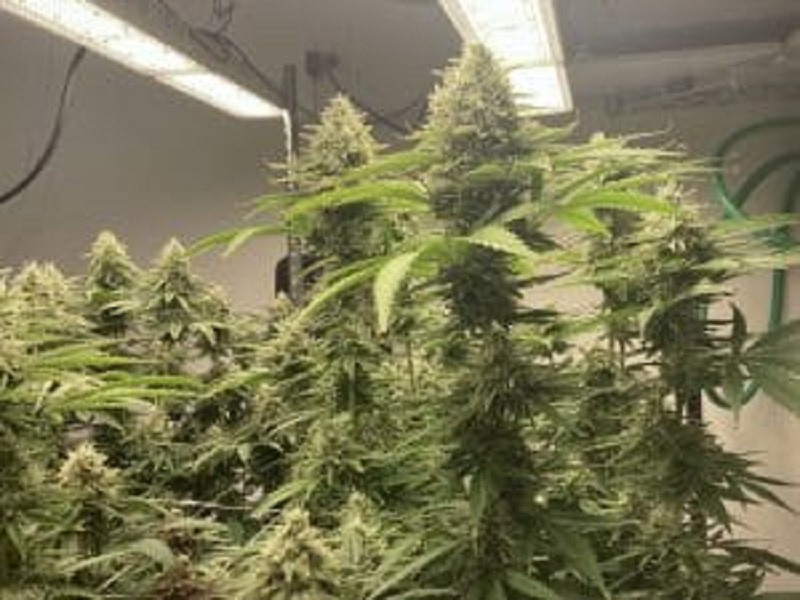This year’s regulation defines, at a minimum, 7 classes of adult-use licenses: Cultivator; processor; cooperative; distributor; retail dispensary; on-site usage, and microbusiness cultivator. The board of the OCM (Office of Cannabis Management) would have the authority to produce any type of license it considers appropriate.
Cultivator: Plating, growing, cloning, harvesting, drying, curing, grading, and trimming are called for to get a separate license for every facility. Under a cultivation license, the licensee is allowed to take on specific little processing activities without the requirement of obtaining a different processor license. Cultivators might apply for and obtain one processor and one distributor license; however, licensees must obtain all three.
Processors: Blending, instilling, packing, labeling, branding, preparing, or making cannabis products are restricted to one license per licensee, yet might run and do processing activities at several areas under one license. Processors will not be allowed to participate in any other organization at its processing premises. Licensees might also hold cultivator and distributor licenses.
Distributor: The New York dispensary license are allowed to obtain adult-use cannabis and marijuana products from processors, microbusiness cultivators, adult-use retailers, or authorized organizations and market those items to retail dispensaries. A separate license would certainly be needed for each center.
Cooperative: Licenses allow the licensees to grow, process, and market marijuana at certified premises to the licensed distributor and/or retail dispensaries. Cooperative licensees can not market items directly to a customer.
For retail dispensary procedures: a separate license would have to be acquired for each facility or area. Registered Organizations would be allowed to apply to market adult-use recreational items at their existing areas formerly registered. Retail places will not be within 500 feet of an institution or 200 feet of a church or area or worship.
Adult-use on-site consumption: retail dispensary licensees may also apply for an on-site consumption license. As the nationwide permitting landscape for such licenses is only currently developing– few places starting to provide such licenses– OCM would release such licenses just after New York State’s program is well in progress.
Microbusiness cultivator: licenses permit the cultivation, processing, and distribution of cannabis under a single license. However, the OCM might establish an annual cap relating to the complete quantities of those license tasks.
The means legislation would also pay for particular choices in the licensing processes to minority and women-owned services, disadvantaged farmers, as well as economic and social equal rights, plan individuals. These would include the chance to have their application quickened; top priority or unique access to particular courses or categories of license; concern access to particular markets; decrease or deferment of certain charges and access to reduced- or no-interest financings.



